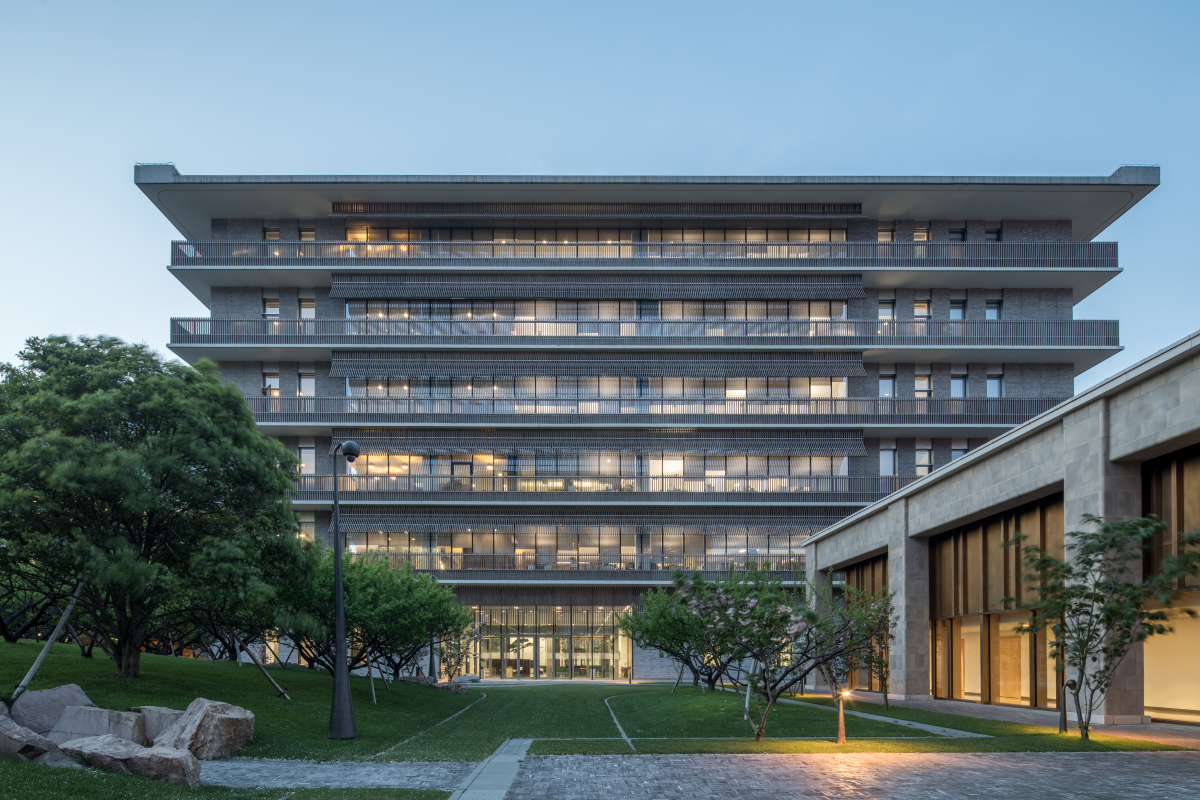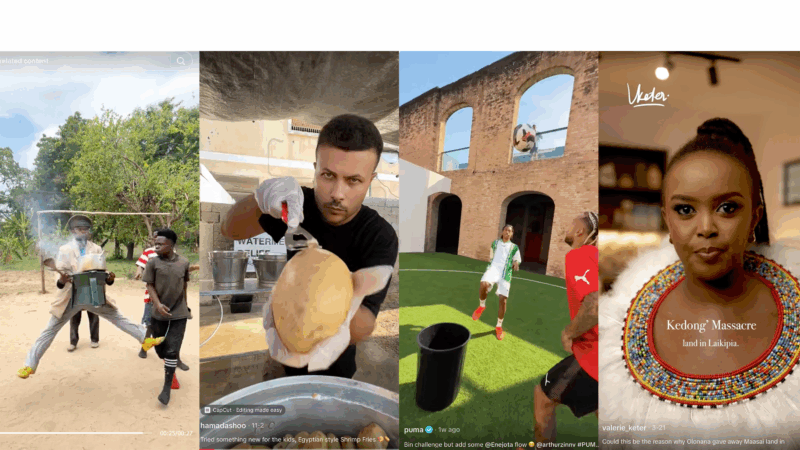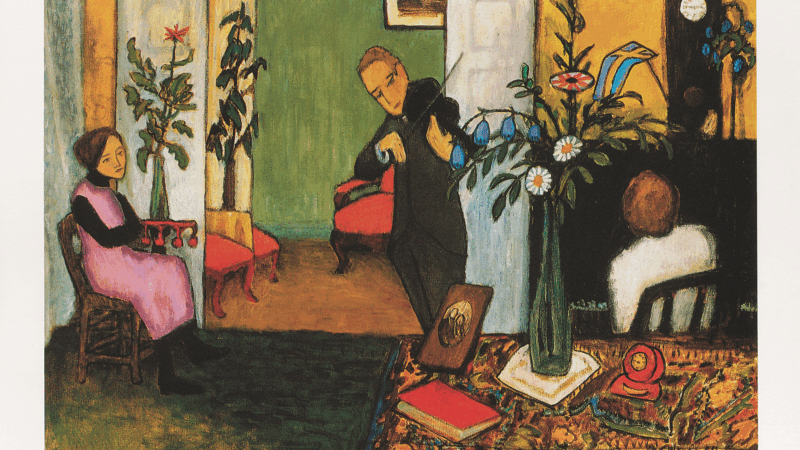Chinese architect Liu Jiakun wins the 2025 Pritzker Prize

The winner of this year’s Pritzker Architecture Prize, announced Tuesday, is Liu Jiakun.
The prize, established in 1979, is commonly referred to as “the Nobel Prize of architecture.”
Liu is from Chengdu, in the Sichuan province of China. He was born there in 1956. His childhood was spent roaming the halls of the large brick hospital where his mother worked as an internist. “Sometimes when we were young, we would go to the roof of the building to see the whole city,” he recalled during a video conference interview with NPR.

From that lofty vantage point, he said, he could peer over neighborhoods still filled with traditional wooden Chinese homes. After Liu graduated from college in 1982, he worked for a state-owned architecture firm in Tibet. But he wanted to be a writer.
“At that time I [had] two identities,” the architect said. “One [was] as a worker in the architectural firm, and another [was] doing my passion, writing.”
Liu spoke to NPR from his offices in Chengdu. His translator was his 24-year-old son Martin. Both father and son wore black-framed glasses and black turtleneck sweaters. They also shared a solemn affect that occasionally melted into wry chuckles.
These days, Liu said, he sees similarities between writing – he’s authored several books – and his practice as a designer of buildings and built environments.
“What writing does for me,” he said, “is that it gives me more perspectives. Observations about society and human behavior. There are also vocabularies that are similar in architectural design and in literature. There’s always beginnings and there’s always endings. And then there’s climax and then there’s always buildups.”
Liu also applies this vocabulary to busy public spaces. His West Village commercial complex, built in Chengdu in 2015, fills an entire block with buildings, bike paths, monuments and walkways for pedestrians. A 2020 exhibition dedicated to his work at the Savannah College of Art and Design included a room-sized model of West Village, as an example of what the curator described as “translating traditional Chinese cultural ethos into contemporary architectural language.”

Chengdu, People’s Republic of China (HEZHENHUAN | Arch-Exist)
In addition to numerous museums, university buildings and churches, mostly in China, Liu designed a panda maternity ward at the Chengdu Research Base of Giant Panda Breeding, a popular tourist attraction visited by millions of people every year.
The Pritzker jury, in its statement, applauded what it called Liu’s “reverence for culture, history and nature, chronicling time and comforting users with familiarity through modern interpretations of classic Chinese architecture.” As one example, it cited a crisply modern building Liu designed for the Novartis pharmaceutical company in Shanghai. Built in 2014, it summons ancient Chinese architectural motifs in its use of dramatic tiered balconies. Another, the Luyeyuan Stone Sculpture Art Museum in Chengdu, from 2002, evokes a traditional Chinese garden, with water and ancient stones.

“I always aspire to be like water,” the laureate wrote in his Pritzker statement. “To permeate through a place without carrying a fixed form of my own and to seep into the local environment and the site itself. Over time, the water gradually solidifies, transforming into architecture, and perhaps even into the highest form of human spiritual creation. Yet, it still retains all the qualities of that place, both good and bad.”


Perhaps nothing sums up Liu’s approach more succinctly than the “rebirth bricks” he formed after a deadly earthquake in 2008 destroyed entire villages northwest of Chengdu. To help with rebuilding, Liu made bricks, using straw and the rubble left from the fallen buildings.

“You can see history in each brick,” he told NPR, adding that their production stopped after there was no more debris. “But in the world, as long as there are civil wars and earthquakes, we can always find a use for rebirth bricks.”

‘Bomb cyclone’ forecasted to bring heavy snow, blizzard conditions and dangerous travel
A 'bomb cyclone' is intensifying severe winter weather for millions of people across the U.S. The system is expected to knock out power and disrupt holiday travel.
Russia sends 3 Iranian satellites into orbit, report says
The report said that a Russian rocket sent the satellites on Sunday from a launchpad in eastern Russia.
Viral global TikToks: A twist on soccer, Tanzania’s Charlie Chaplin, hope in Gaza
TikToks are everywhere (well, except countries like Australia and India, where they've been banned.) We talk to the creators of some of the year's most popular reels from the Global South.
This painting is missing. Do you have it?
An important work from a rediscovered artist has been absent from public view since the 1970s. A New York curator is hunting for it.
Memory loss: As AI gobbles up chips, prices for devices may rise
Demand for memory chips currently exceeds supply and there's very little chance of that changing any time soon. More chips for AI means less available for other products such as computers and phones and that could drive up those prices too.
Brigitte Bardot, sex goddess of cinema, has died
Legendary screen siren and animal rights activist Brigitte Bardot has died at age 91. The alluring former model starred in numerous movies, often playing the highly sexualized love interest.







